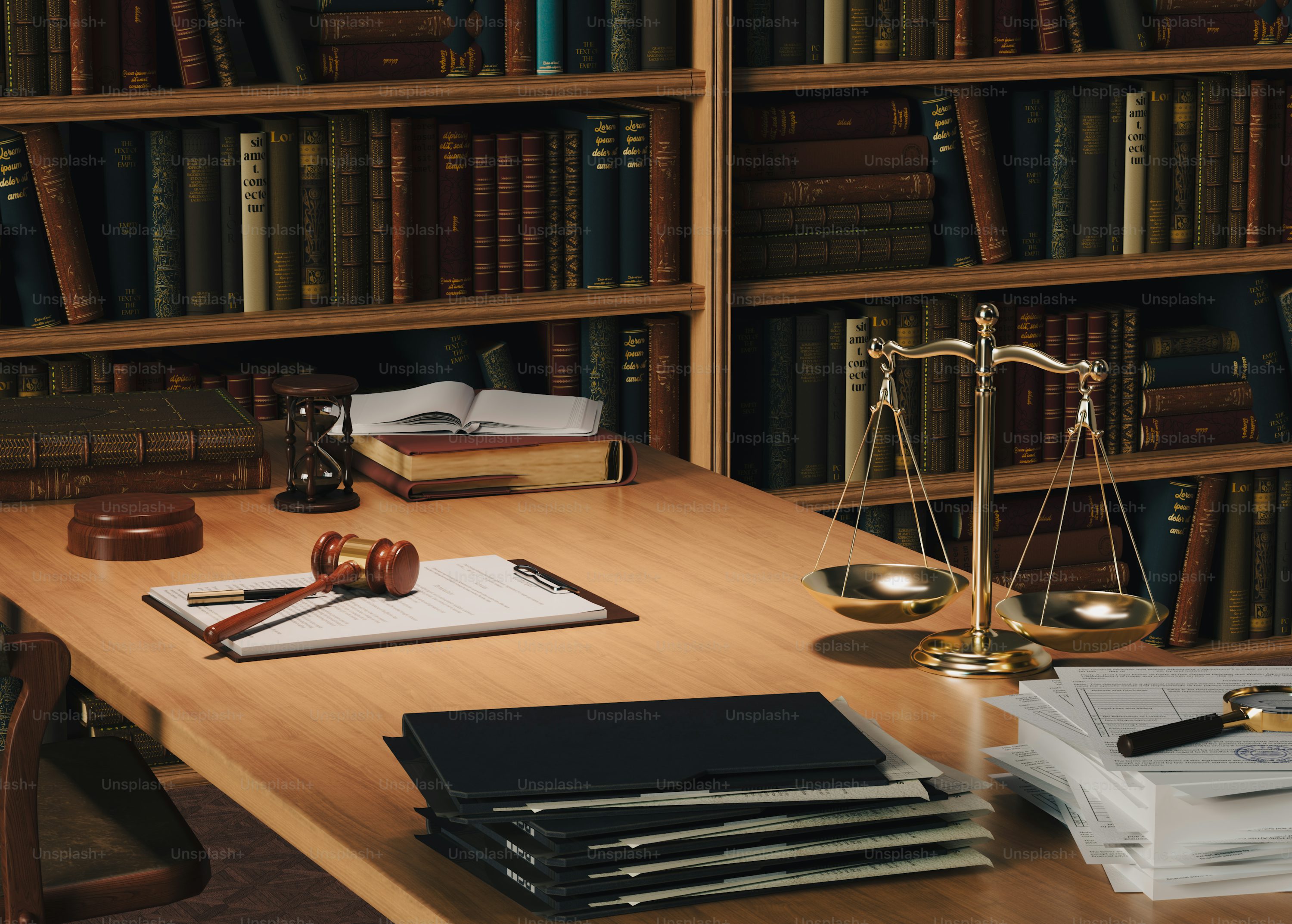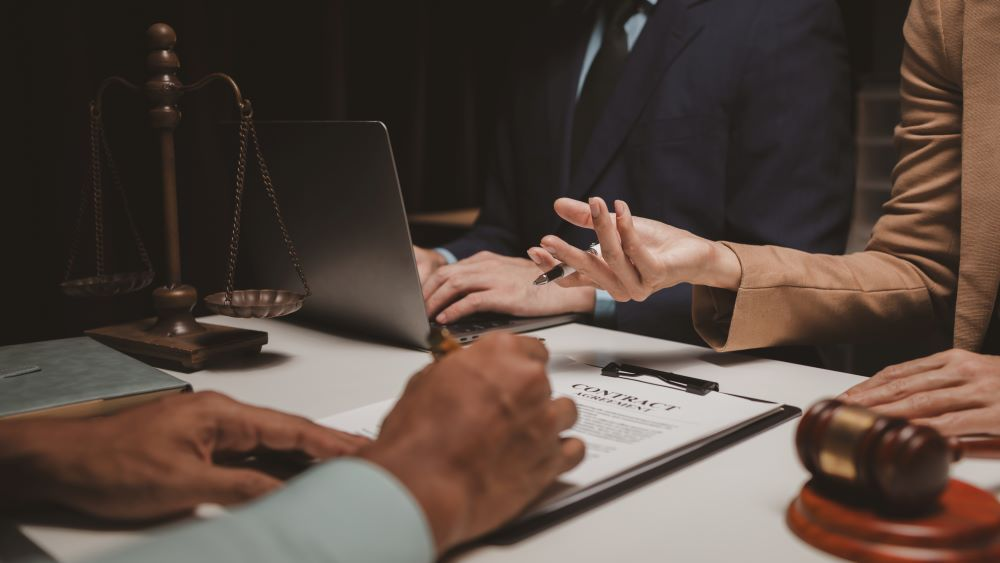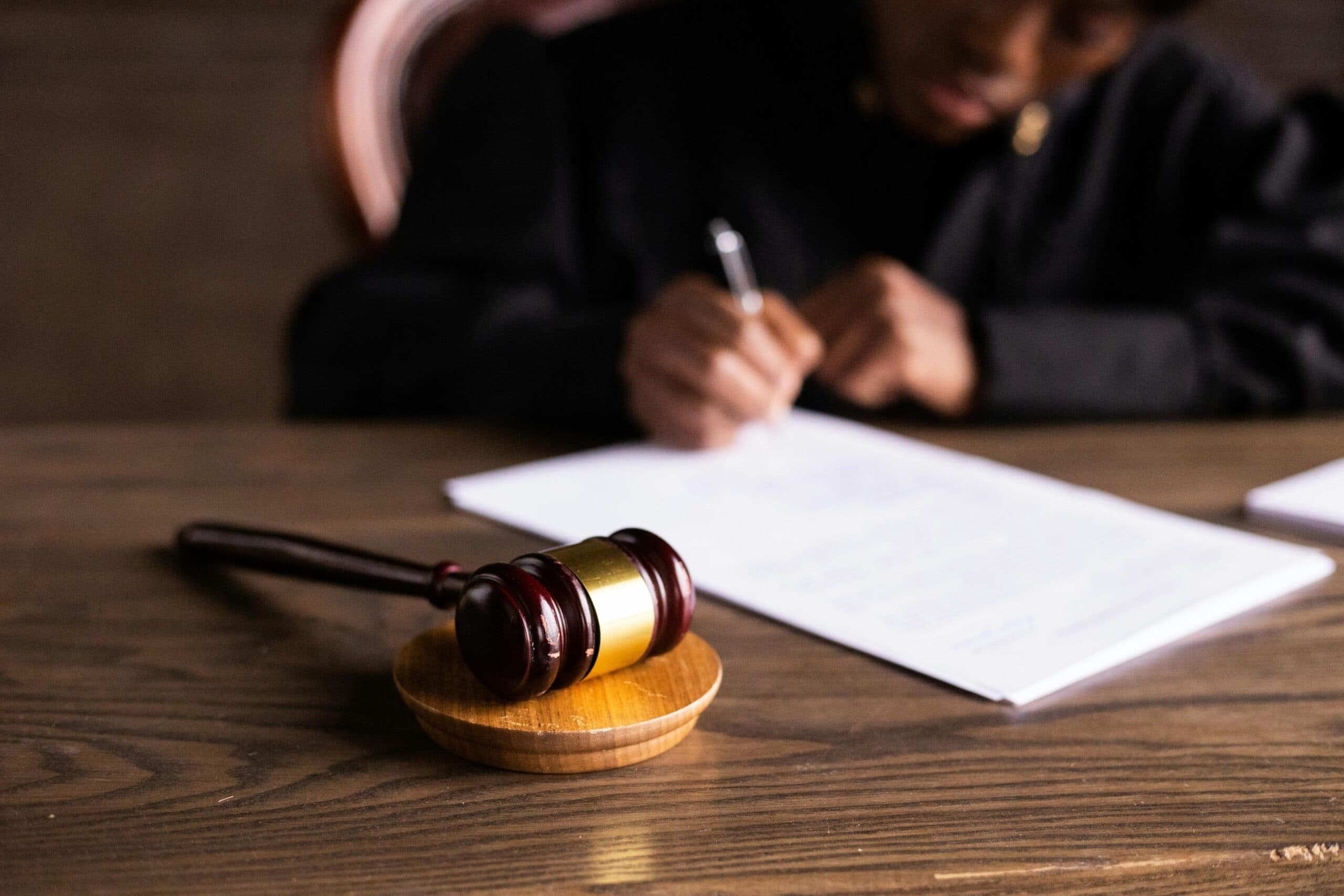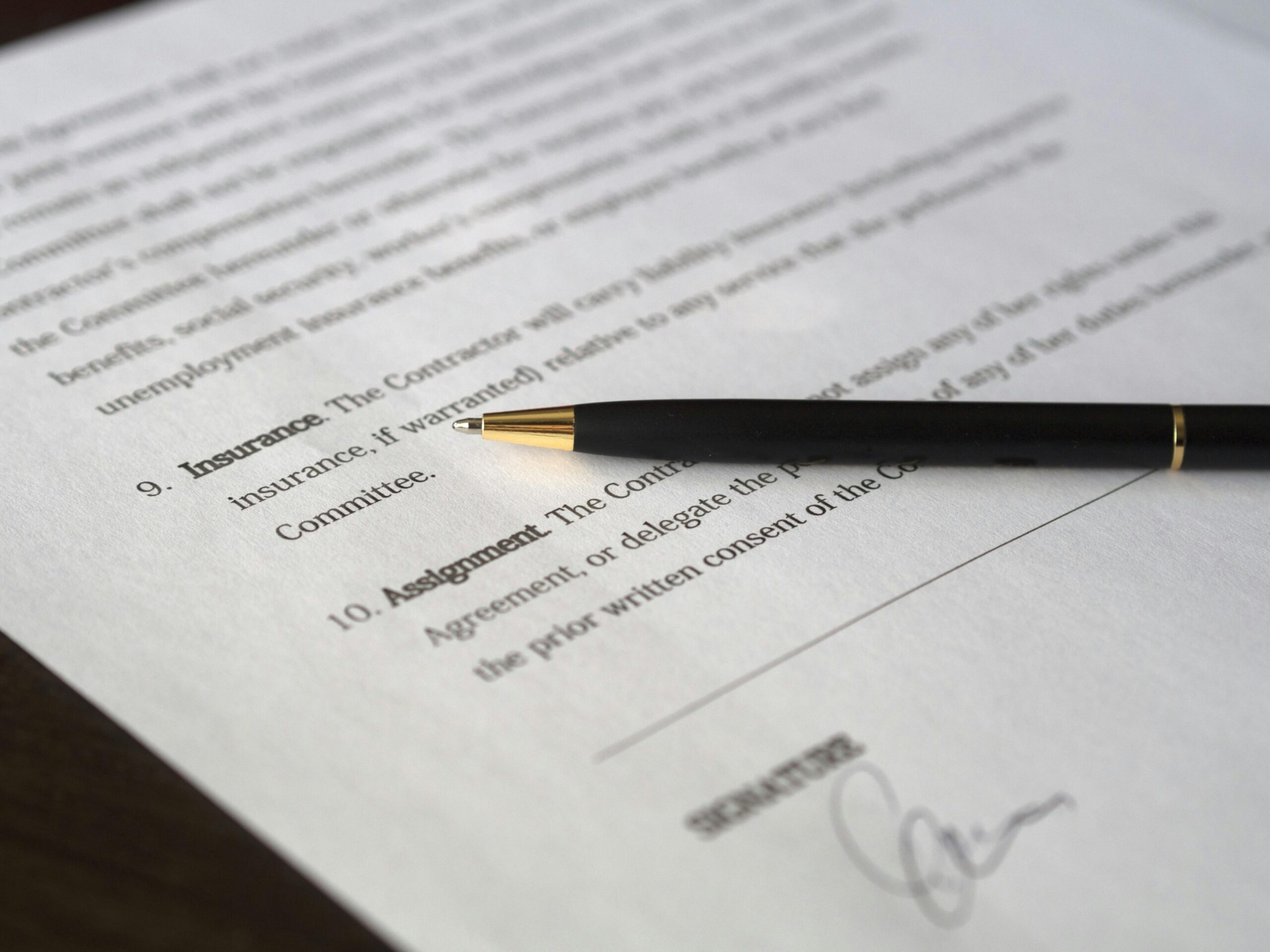
The sale of counterfeit goods is agrowing concern for both consumers and brand owners. Counterfeit items can range from fake designer handbags and watches to imitation electronics and pharmaceuticals.
These fraudulent products not only harm legitimate businesses but also pose significant risks to consumers. If you find yourself affected by counterfeit goods, you might wonder, “Can you sue someone for selling counterfeit goods?” The answer is yes, and here’s how you can take legal action against counterfeiters.
What Are Counterfeit Goods?
Counterfeit goods are unauthorized replicas of genuine products. These fake items are typically made with the intent to deceive consumers into believing they are purchasing the real thing.
Common examples include luxury goods such as Louis Vuitton bags, high-end electronics, and branded apparel. Counterfeit goods often mimic the trademarks, logos, and packaging of the original product to appear authentic.
Are All Knockoffs Counterfeits?
Not all knockoffs are considered counterfeit. Knockoffs are imitations of a product but do not bear the trademarks or logos of the original. They may look similar to the genuine product but are usually sold under a different name or brand.
Counterfeits, on the other hand, use the original brand’s trademark illegally to deceive buyers into thinking they are purchasing the genuine product.

Legal Options for Fighting Counterfeiters
Laws like anticounterfeiting consumer protection act are a good starting point for such cases. However, if you are a brand owner, trademark holder, or a consumer deceived by counterfeit products, there are several legal avenues you can pursue to combat the sale of counterfeit goods:
- Civil Lawsuits: You can file a lawsuit against the seller for damages caused by trademark infringement.
- Cease and Desist Letters: Sending a cease and desist letter can sometimes halt the sale of counterfeit items.
- Criminal Prosecution: In severe cases, you can work with law enforcement to pursue criminal charges against counterfeiters.
These simple cases can help protect consumers against online counterfeiters and protect a trademark owner. Moreover, a product manufacturer can also sell goods legally without compromising consumer products.
One can also report bad quality or counterfeit good, leading to prison sentence if found guilty in severe cases. It depends on the company they are counterfeiting, liable parties, and the money they make.

What You Need to Prove in Counterfeiting Cases: US Law Against Counterfeit Goods
To successfully sue someone for selling counterfeit goods, you need to provide evidence that supports your claims:
- Ownership of a Valid Trademark: You must prove that you own a valid, registered trademark.
- Infringement of Trademark: Demonstrate that the defendant used your trademark without permission.
- Likelihood of Confusion: Show that the counterfeit goods are likely to cause confusion among consumers regarding the source of the goods.
In the United States, the primary laws governing counterfeiting are the Lanham Act and the Trademark Counterfeiting Act of 1984. These laws provide robust protections for trademark owners and stiff penalties for counterfeiters.
- Lanham Act: This act allows trademark owners to file civil lawsuits against individuals or companies that use their trademarks without permission. Remedies can include injunctions, monetary damages, and in some cases, statutory damages.
- Trademark Counterfeiting Act: This act makes it a federal crime to manufacture, sell, or distribute counterfeit goods. Offenders can face substantial monetary fines and prison sentences.
Can You Sue Someone for Selling Counterfeit Goods?
Yes, you can sue someone for selling counterfeit goods. Both civil and criminal legal actions are available. Civil lawsuits allow trademark owners to seek damages and injunctions to stop selling counterfeit products.
Criminal prosecution, on the other hand, can lead to harsher penalties, including imprisonment for the offenders.
You can sue someone for selling counterfeit goods as soon as you have evidence of trademark infringement. This can occur when:
- Counterfeit products are sold in stores or online platforms.
- Fake products are distributed through unauthorized channels.
- Counterfeit merchandise bears a counterfeit mark similar to your registered trademark.
How Can You Sue Someone for Selling Counterfeit Goods?
To sue someone for selling counterfeit goods, follow these steps:
- Gather Evidence: Collect proof of the counterfeit goods, such as purchase receipts, product samples, and photographs.
- Identify the Counterfeiters: Determine who is responsible for selling or distributing the counterfeit items.
- Consult a Lawyer: Seek legal advice from a law firm, experienced in intellectual property and trademark infringement cases.
- File a Lawsuit: Your lawyer will help you file a lawsuit in the appropriate court.
- Pursue Criminal Charges: In severe cases, you can work with law enforcement to press criminal charges against the counterfeiters.
Common Challenges in Counterfeit Lawsuits
Suing for counterfeit goods can be complex. Common challenges include:
- Identifying the Counterfeiters: Counterfeiters often operate anonymously, making them hard to track.
- Jurisdiction Issues: Counterfeit goods are frequently sold across state or national borders, complicating jurisdiction.
- Proof of Infringement: Gathering sufficient evidence to prove trademark infringement can be challenging.

Consequences and Legal Penalties for Selling Counterfeit Goods
The consequences of selling counterfeit goods are severe:
- Civil Penalties: These can include statutory damages under the Lanham Act, which may range from $1,000 to $200,000 per counterfeit mark, per type of goods sold.
- Criminal Penalties: Under the Trademark Counterfeiting Act, individuals can face fines up to $2 million and prison sentences of up to 10 years.
- Destruction of Goods: Courts may order the seizure and destruction of counterfeit goods.
- Injunctions: Sellers may be legally prohibited from continuing to sell counterfeit products.
Protecting Consumers and Brand Owners
The fight against counterfeit goods is critical for protecting both consumers and brand owners. Consumers need assurance that they are purchasing genuine products that meet safety and quality standards. Brand owners must protect their intellectual property rights and maintain their reputation in the marketplace.
How an Attorney Can Help You Sue for Selling Counterfeit Goods
Engaging an attorney when dealing with counterfeit goods is crucial. The complexities of intellectual property law and the challenges involved in identifying and prosecuting counterfeiters make professional legal assistance indispensable. Here’s how an attorney can help you in this situation:
- Legal Expertise and Guidance: An attorney specializing in intellectual property law offers expert advice on trademark laws and the best legal actions to take against counterfeiters.
- Evidence Collection and Preservation: Attorneys help gather and preserve critical evidence, such as counterfeit sales records and product samples, to build a strong case.
- Cease and Desist Letters: A lawyer can draft and send a cease and desist letter, demanding that counterfeiters stop their illegal activities, often resolving the issue without court intervention.
- Filing a Lawsuit: If necessary, an attorney can file a civil lawsuit on your behalf, preparing and submitting all required legal documents to initiate legal proceedings.
- Negotiating Settlements: Attorneys negotiate settlements with counterfeiters to avoid lengthy court battles, aiming for compensation and agreements to cease counterfeit activities.
- Court Representation: Should the case go to trial, your attorney will represent you, presenting your case and arguing on your behalf to secure a favorable judgment.
- Pursuing Criminal Charges: In severe cases, attorneys can work with law enforcement to initiate criminal prosecution, supporting the case with gathered evidence.
- Securing Injunctive Relief: Lawyers can seek court-ordered injunctions to immediately halt the sale of counterfeit goods, preventing further brand damage.
- Damage Assessment and Recovery: Attorneys accurately assess the financial and reputational damage caused by counterfeit goods and pursue appropriate compensation.

Protect Your Brand and Fight Counterfeits with BLG
Selling counterfeit goods is illegal and carries significant legal risks. If you are affected by counterfeit products, either as a consumer or a brand owner, you have the right to take legal action. By understanding your legal options and the steps involved in suing for counterfeit goods, you can effectively combat the sale of these fraudulent items and protect your rights.
If you need assistance with a counterfeit goods case, BLG is here to help. Whether you’re dealing with counterfeit merchandise, trademark infringement, or any other intellectual property issue, our experienced attorneys are ready to provide the guidance and representation you need.
Contact us today for a free consultation.
FAQs
Is it a crime to sell counterfeit goods?
Yes, selling counterfeit goods is a crime. It is considered trademark infringement and fraud, which can lead to legal consequences including fines and imprisonment.
What to do if someone sells you counterfeit goods?
If someone sells you counterfeit goods, you should report it to the seller and request a refund. Additionally, you can file a complaint with consumer protection agencies or law enforcement authorities.
What happens if you unknowingly sell a fake item?
If you unknowingly sell a fake item, you could still face legal action. However, demonstrating that you were unaware of the item’s counterfeit nature might mitigate penalties. It’s important to cooperate with authorities and take steps to prevent future occurrences.





